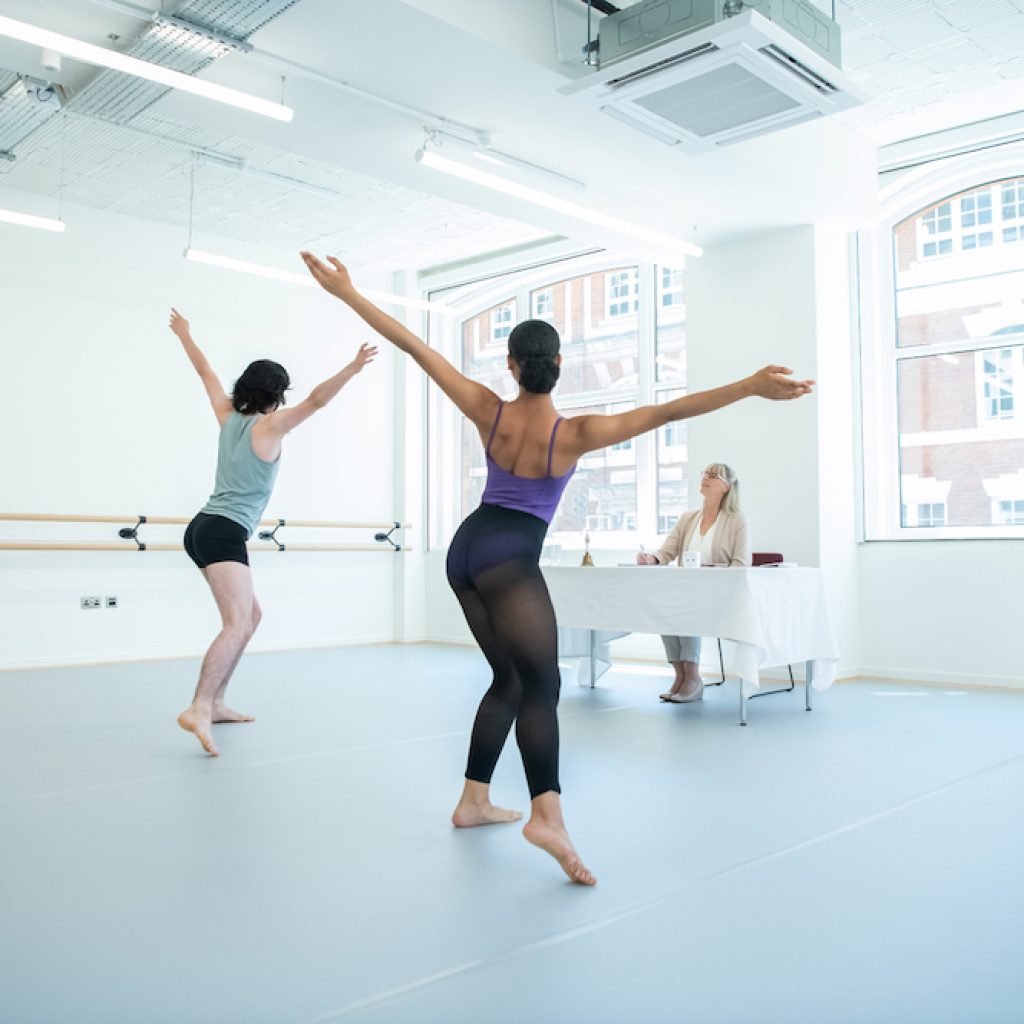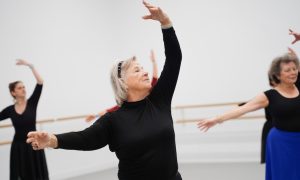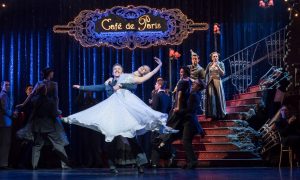Dance examining is a fulfilling career for dance teachers who have achieved a high standard in their own teaching, enjoy working with people, and want to support others to have a positive assessment experience. For many, it’s an opportunity to help shape the next generation of dancers and offer students the same opportunities and excitement that examinations offered them as young dancers.
The Imperial Society of Teachers of Dancing (ISTD) is renowned globally for its commitment to excellence in dance education. Every year, more than 90,000 exams take place in 59 countries across the globe. Behind every exam, is a dedicated professional examiner responsible for maintaining high standards across every genre and level.
Dance Informa spoke to ISTD about the route to becoming a dance examiner, the training and qualities required and what advice they would offer to those considering this career.
Could you walk us through the training process for becoming an examiner?
“Becoming an examiner requires experience. Teachers must hold at least an ISTD Licentiate qualification, and ideally progress to an ISTD Fellowship in the genre they plan to examine, particularly if they hope to examine vocational or professional levels.
But qualifications alone don’t guarantee a place in the examiner pool. All examiners go through a rigorous selection, interview and training process for new vacancies. Once selected, candidates undertake thorough training on syllabus content, marking procedures, and how to deliver examinations in line with ISTD standards. Training includes observations, mentoring, and participation in standardisation exercises to ensure consistency. Every ISTD examiner also needs to hold enhanced DBS checks and will receive training in safeguarding and unconscious bias.”
Beyond technical knowledge, what personal or professional qualities are most important to have as an examiner?

“Examiners need to be professional with strong interpersonal skills. They need to be calm, empathetic and able to support children of all ages through the examination process.
‘Keep calm and carry on’ really is the mantra for all examiners – having the ability to run examinations well regardless of anything and everything that may happen on the day is crucial, whether it’s calming a nervous candidate, handling last-minute changes, or troubleshooting technical issues.”
What does a typical week look like for an examiner?
“There’s no such thing as a ‘typical week’! As ISTD examiners are freelance, they have flexibility to decide when and in which regions they will work, making it easier to balance work with other commitments.
The dedicated Exams teams at ISTD work closely with teachers and schools to schedule the exams, book a suitable examiner, and ensure that the examiner has all the necessary information for their visit – be it a UK or International location. For many examiners, this variety is appealing and offers the opportunity to meet teachers and students from different regions and cultures.”
What are some of the biggest challenges examiners face, and has this changed over time?
“One of the biggest challenges for ballet examiners is not always having live music. Recorded music can be played in a variety of ways from various formats — and technology, however good, doesn’t always work!
Our examiners have also noted the growing benefits of remote exams, as they offer greater flexibility to teachers and smaller schools, and can help examiner training, too. Interestingly, following the COVID-19 pandemic, many examiners noted that early grade children were hesitant to enter the exam studio, something examiners had not previously experienced. Students needed a lot of encouragement and support from the examiner to enter the studio. Thankfully, this reticence is not something that has been seen this year – and children’s confidence to perform has returned.
Obviously one of the more emotionally challenging aspects of the role is when an examiner has to award low marks, particularly when the students simply needed more preparation or more accuracy in training.
But any challenges are far outweighed by the rewards. As Linda Shipton, ISTD Examiner, puts it, ‘The pleasure of travelling worldwide to see candidates and celebrating their hard work and demonstrable joy of dance. It’s a delight to see their happy and proud faces as they exit the exam room.'”
Are there opportunities for progression or specialisation once accredited qualified? What kind of support or mentorship is available?
“Examiners start by qualifying to examine grades and class examinations (Theatre) and medal tests (Dancesport). After a few years examining at this level, if they have their Fellowship, they can apply to upgrade training and qualify to examine vocational or professional level examinations. This will always include training on material, marking and standardisation, and then live examination observation alongside a senior examiner.
Each year, every examiner attends mandatory standardisation and training, and they are supported by the Lead Team and Exams and QA teams at ISTD. They receive feedback post standardisation to make sure each year, every examiner is clear on how to apply the standard and run the examinations well.”
What advice would you give to dance teachers or professionals considering this path?
“Examining is for people who love working with other people, are calm and patient, love their genre but can observe objectively and think about dance in a progressive and measured way. They need to be ready to challenge themselves, as anyone who works as an examiner is always learning and developing themselves and how they view the work. Examining is not a glamorous job, but it’s incredibly interesting and rewarding!”
Approved Dance Centre, the ISTD Academy, offers flexible, online learning opportunities for teachers looking to expand their training and career potential. Open to dance teachers worldwide, the Academy works with specialist tutors to deliver training and bespoke mentoring to support teachers. Licentiate and Fellowship qualifications in Imperial Classical Ballet and Modern Theatre start in February 2026. Find out more about forthcoming courses at istdacademy.org.
By Allie D’Almo of Dance Informa.














